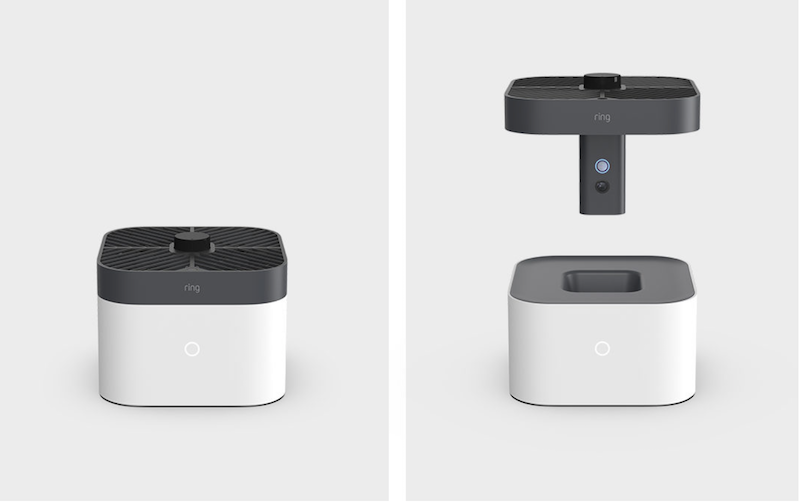Security News

NIST has launched a crowdsourcing challenge to spur new methods to ensure that important public safety data sets can be de-identified to protect individual privacy. The Differential Privacy Temporal Map Challenge includes a series of contests that will award a total of up to $276,000 for differential privacy solutions for complex data sets that include information on both time and location.

The Fitbits on our wrists collect our health and fitness data; Apple promises privacy but lots of iPhone apps can still share our personal information; and who really knows what they're agreeing to when a website asks, "Do You Accept All Cookies?" Most people just click "OK" and hope for the best, says former Democratic presidential candidate Andrew Yang. "The amount of data we're giving up is unprecedented in human history," says Yang, who lives in New York but is helping lead the campaign for a data privacy initiative on California's Nov. 3 ballot.

It could be the wackiest product yet from Amazon - a tiny indoor drone which buzzes around people's homes as a security sentry. Amazon says the tiny drone is "Built with privacy in mind" and operates at the direction of its customers.

A German privacy watchdog said Thursday that it is fining clothing retailer H&M 35.3 million euros after the company was found to have spied on some of its employees in Germany. Hamburg's data protection commissioner said in a statement that the Swedish company collected private information about employees at a customer service center in Nuremberg, "Ranging from rather harmless details to family issues and religious beliefs."

Britain's Information Commissioner's Office has confirmed it is investigating grumbles about heavy-handed marketing emails and texts promoting the NHS COVID-19 contact-tracing app in England. Between 26 and 27 September, NHS Test and Trace messaged anyone resident in the country who was over the age of 16 and had previously provided their contact details to a GP. Those contacted had not specifically opted in to receive marketing communications regarding the NHS COVID-19 app.

Britain's Information Commissioner's Office has confirmed it is investigating grumbles about heavy-handed marketing emails and texts promoting the NHS COVID-19 contact-tracing app in England. Between 26 and 27 September, NHS Test and Trace messaged anyone resident in the country who was over the age of 16 and had previously provided their contact details to a GP. Those contacted had not specifically opted in to receive marketing communications regarding the NHS COVID-19 app.

Researchers from CSIRO's Data61 and the Monash Blockchain Technology Centre have developed the world's most efficient blockchain protocol that is both secure against quantum computers and protects the privacy of its users and their transactions. The protocol - a set of rules governing how a blockchain network operates - is called MatRiCT. Cryptocurrencies vulnerable to attacks by quantum computers.

A U.S. district judge has dismissed New Mexico's privacy claims against Google over privacy concerns, but New Mexico's top prosecutor vowed Monday to continue the legal fight to protect child privacy rights. "The law is clear that Google must protect our children's privacy, and we strongly disagree with the court's ruling," New Mexico Attorney General Hector Balderas said in a statement to The Associated Press.

Ring's newly announced robot drone - a connected device that flies around homes taking security footage - is causing privacy experts' concerns to take off. The new device has also sparked a firestorm of privacy concerns on Twitter about how Ring - whose connected doorbells have already created plenty of privacy controversies - will collect, use and share the collected data.

Password manager 1Password and virtual card platform Privacy.com announced an API integration that lets users create virtual cards in their browser quickly and safely when they need to make a payment. Starting today, users can create, use and save Privacy Cards directly within their 1Password extension whenever they're needed.